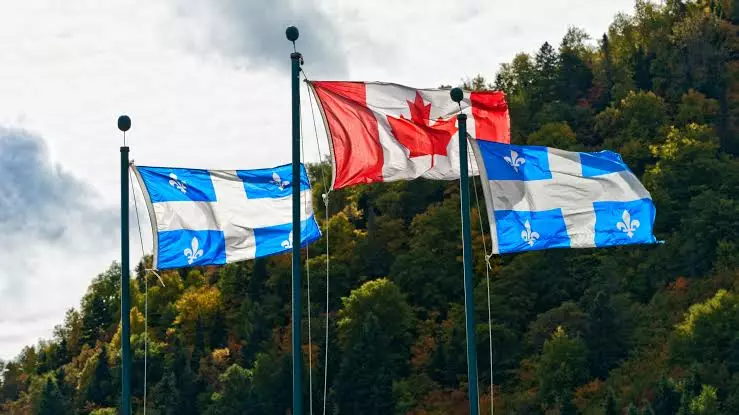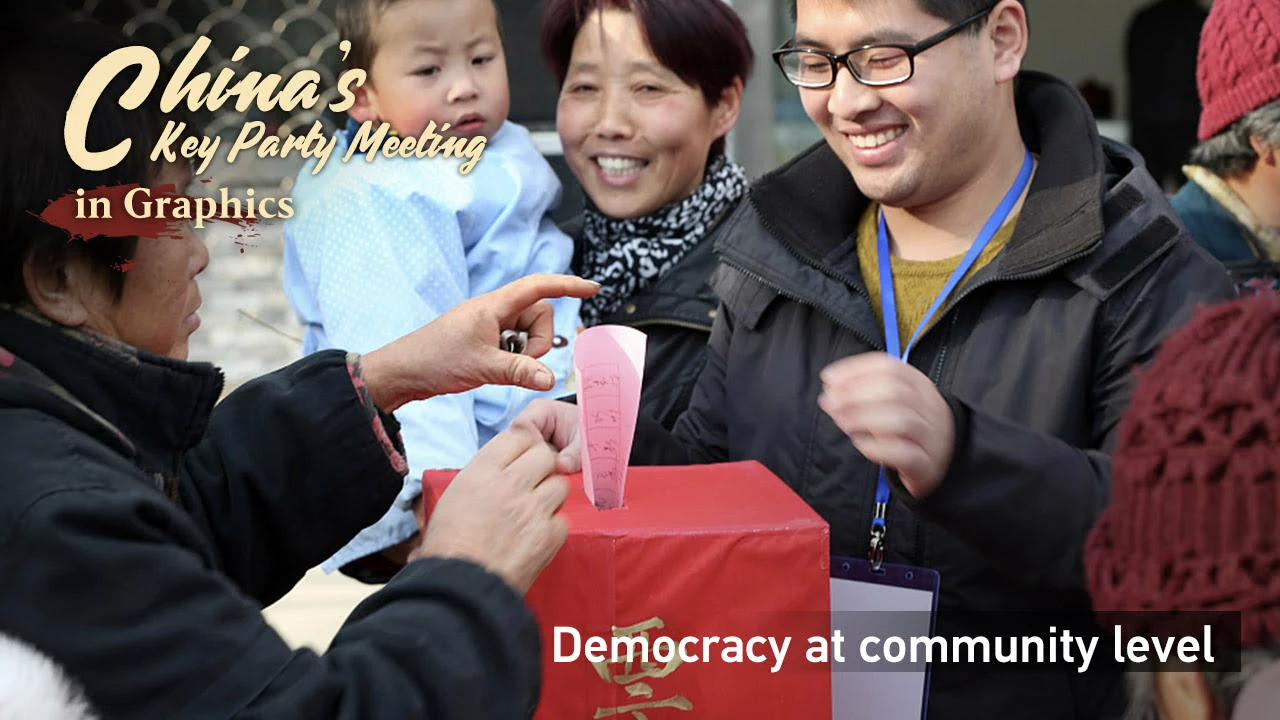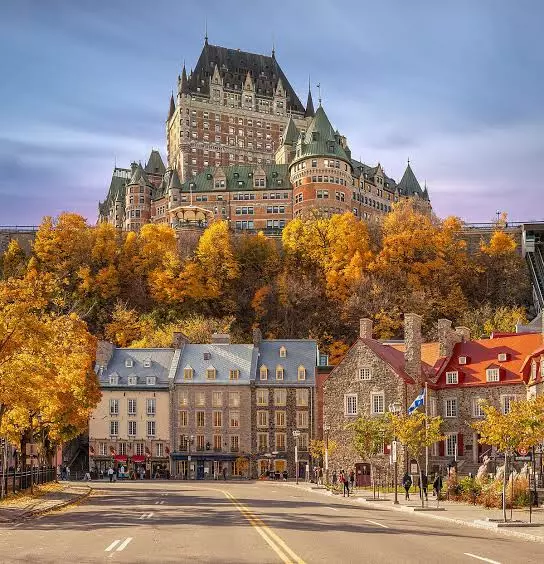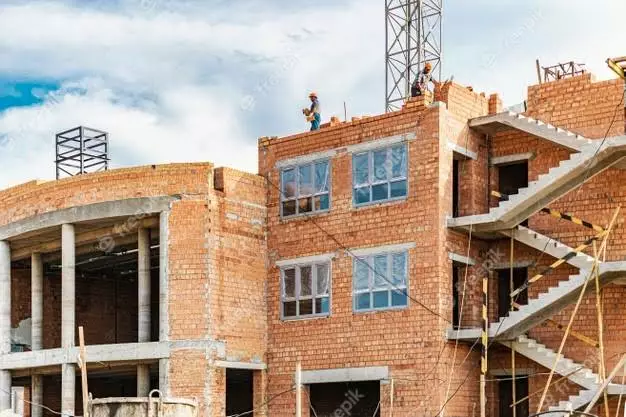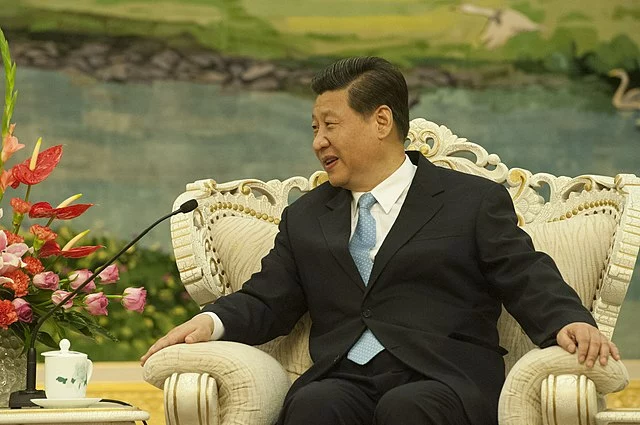Chapter V PART IV: My Caput Galeatum, and the Divine Québec Scenery
It is well known that the old walls of the Citadelle, including the first fort to be built on the high cliff known as Cape Diamond, would eventually be torn down and the buildings and defensive systems meant to protect the people of New France would be rebuilt. It was a massive undertaking that to this day continues still, as the Canadian government understands the symbolism of ancient forts as well as the importance of preserving the Citadelle wall, which was refurbished by the British army after the defeat of Montcalm, who was outgunned, outmanned, and even strategically and tactically outmaneuvered on the Plains of Abraham.

What is interesting is the continual extension of Fort Saint- Louis from its inception in 1691 as a modern fortification for its day with battery platforms and cannon within a Vauban-style bastion, Vauban being the premier military engineer for France in the 17th century. During my time living through the plague, almost one might say in exile, I realized that Rue Mont Carmel was part of the military defensive extension of the fourth Fort Saint-Louis. As is written in The Recent Archeology of the Early Modern Period in Quebec City, a detailed and extensive study of the various forts built upon the high cliff that looks out towards the mouth of the St. Lawrence opening on the Atlantic Ocean, the extension of the fort was conceived for a more sufficient and modern defensive purpose:
The palisade built by Major Provost (1690) was merely a makeshift work created in haste in response to a specific threat. Once the defenses of Fort Saint-Louis had been completed, those of the city had to re-examined. Therefore, in 1693, the engineer Josué Boisherthelot de Beaucours undertook the construction of a true earth rampart at this spot, consisting of a parapet, banquette and terreplein. A much more regular line of defense than the palisade of 1690, it stretched from Cap Diamond Redoubt at the east end to the St. Simon Demi-Baston at the other end and thus enclosed thus enclosed the city along its entire Western front.
Whenever I walk or mostly run to the Plains of Abraham, I am always cognizant of that earth rampart beneath my feet. I am always aware that this city, even in modern times, has valuable military potential and strategic value should Canada ever engage again in a war with the United States, or if Québec and its people have to defend themselves from hostile forces attempting to repress their zeal for self-determination. It is their justifiable right to seek a nation-state given their proud history going back to New France. Fortifications are always built for a reason, and even if a symbol of past wars, past victories or defeats, the very symbol of a Citadelle wall and the excavation of a defensive fort marks the historical integrity of a people and conscious resistance against any future invasion.
However, the Province of Québec and Quebec City are more than a romantic interlude of natural beauty or French cuisine in the ‘Québec style’, despite Thoreau's sarcastic observations on the Citadelle wall in the pastiche that he wrote after his stay in Quebec City. The Province of Québec, because of its deep political and military history, will always seek to maintain its culture, while at the same time assert itself in the modern world. As the imperialist and liberal-minded Tocqueville would state unequivocally, after his short visit to Québec, including the famous city on the high cliff:

There is every sign that the new generation will be different from the present generation, and in a few years from now, if the English race is not prodigiously increased by emigration and does not succeed in shutting the French in the area they now occupy, the two peoples will come up against one another. I do not think that they will ever merge, or that an indissoluble union can exist between them. I still hope that the French, in spite of their conquest, will one day form a fine empire on their own in the New World, more enlightened perhaps, more moral and happier than their fathers. At the present moment the division of the races singularly favours domination by England.
Tocqueville wrote those very nationalistic and imperialist observations in 1831, and it should be noted that it was this man, who was fascinated with the young experimental democracy in America, who would advocate that Algeria be harshly colonized by France. The French imperialist historian did foresee the clash of political wills between Canada and Québec, and it is only a matter of time until the clash will be violent if Québec is not granted her self-determination and independence. However, if Québec could ever create “a fine empire” as Tocqueville envisioned, this will not come about in the imperialist sense of the word, but instead, the people of Québec will enlighten themselves, as well as those who are not of their ancestry, with greater cultural values.
When one lives in Quebec City, within the fortifications, there is the feeling that one is living in a post-medieval city. Amid modern buildings, with cars skimming along the old streets and people dressed in contemporary clothing, there is still the uncanny feeling that there is something in the way festivals and even death are celebrated or enshrined that is not modern at all. This medieval atmosphere that one senses in Quebec City remains alive alongside the modern political ideas that emerge here in debate and union rallies and labor strikes. The people of Quebec City are similar in their great joy and love of life to the Cubans, and I would even say that Québec is the Cuba of North America, but with the physical beauty and massive rock foundations of Gibraltar.

In A Yankee in Canada, Thoreau writes:
We reached Burlington in the morning, where the Yankees tried to pass off their Canada coppers, but the newsboys knew better. Returning through the Green Mountains, I was reminded that I had not seen in Canada such brilliant autumnal tints as I had previously seen in Vermont.
I can honestly say that I love the Green Mountains, and that if I had to live out my life in that state, I would prefer the Northeast Kingdom, where those sublime mountains abide. However, Thoreau was wrong about the autumns in Canada, as it was in autumn here in Quebec City that I found peaceful solace in the panorama of golden, burnished red and deep orange leaves on the trees of the Plains of Abraham, and before the plague came in its horror, within the Citadelle walls and in Battlefields Park, I found a certain freedom, and yes, I found myself.
References
Henry David Thoreau, A Yankee in Canada. Bolton, CA: Manufactured by Amazon, ca, 2016.Daniel Defoe, A Journal of the Plague Year. United States: Bibliotech Press, 2019. Albert Memmi, The Colonizer and the Colonized. London: Souvenir Press, 2016.
The Recent Archeology of the Early Modern Period in Quebec City, Guest Editor, William Moss. London: Maney Publishing, 2009.
https://english.republiquelibre.org/Notes_of_Alexis_de_Tocqueville_in_Lower_Canada
https://www.marxists.org/reference/archive/mao/selected-works/volume-1/mswv1_12.htm
